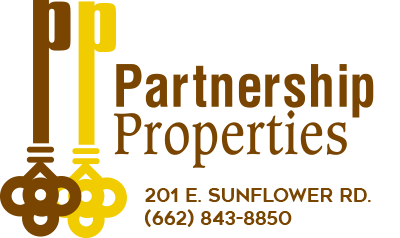First-Time Home Buying: How to Close on a Place
Don't let inexperience with the real estate industry prevent you from becoming a homeowner. I can help you work your way through the process. E-mail me at partnershipprop@gmail.com .
Let's talk about "escrow". When you're closing on your new home, an escrow holder is used to assure the process will close correctly and in a timely manner. Escrow agents hold money for "safe-keeping" in transactions between a buyer and seller. PayPal is a good way to picture an escrow company.
The escrow holder is careful to assure that all terms and conditions of the seller's and buyer's negotiated agreement are met prior to the sale being finished. This includes getting funds and records, completing required forms, and obtaining the release documents for any loans or liens that have been paid off with the transaction, assuring you have a clean title to your place before the asking price is fully paid.
Escrow holders want to acquire the following documents:
Loan documents
Tax statements
Fire and other insurance policies
Title insurance policies
Terms of sale and any seller-assisted financing
Requests for payment for various services to be paid out of escrow funds
Upon completion of all portions of the escrow, closing can take place. All expenses like title insurance, inspections and real estate commissions are paid. The house's title gets transferred to you and title insurance begins per the policies of your individual escrow process.
At the close of escrow, fees are paid in an acceptable form to the escrow. As your agent, I'll inform you of the acceptable form of payment.
The Escrow Holder Will:
Assemble escrow instructions
Request title search
Meet lender's guidelines as outlined in the escrow agreement
Accept funds from the buyer
Prorate tax, interest, insurance and other fees according to guidelines
Record deeds and other documents as instructed
Obtain title insurance policy
Close escrow when all instructions of seller and buyer are met
Disburse payments and finalize instructions
The Escrow Holder Will Not:
Offer advice - the escrow holder has to remain an impartial, third-party status
Dispense opinions about tax implications
The Escrow Holder Will:
Assemble escrow instructions
Perform a title search
Comply with the bank's requirements as written in the escrow agreement
Accept funds from the buyer
Prorate tax, interest, insurance and other fees according to guidelines
Record deeds and other paperwork as instructed
Request title insurance policy
Close escrow when all instructions of seller and buyer are met
Disburse payments and finish instructions
The Escrow Holder Will Not:
Advise you - the escrow holder stays at an impartial, third-party status
Dispense opinions about the outcome of your taxes
Mortgage Escrow Account
Often, to pay recurring costs while there's a loan on the house, a Mortgage Escrow Account is created. Generally, the Escrow Account is partially funded at closing and the home buyer makes on-going contributions through their monthly mortgage payment.
This is a simple outline of the escrow process. Your individual process might vary based on your bank and your escrow holder.

